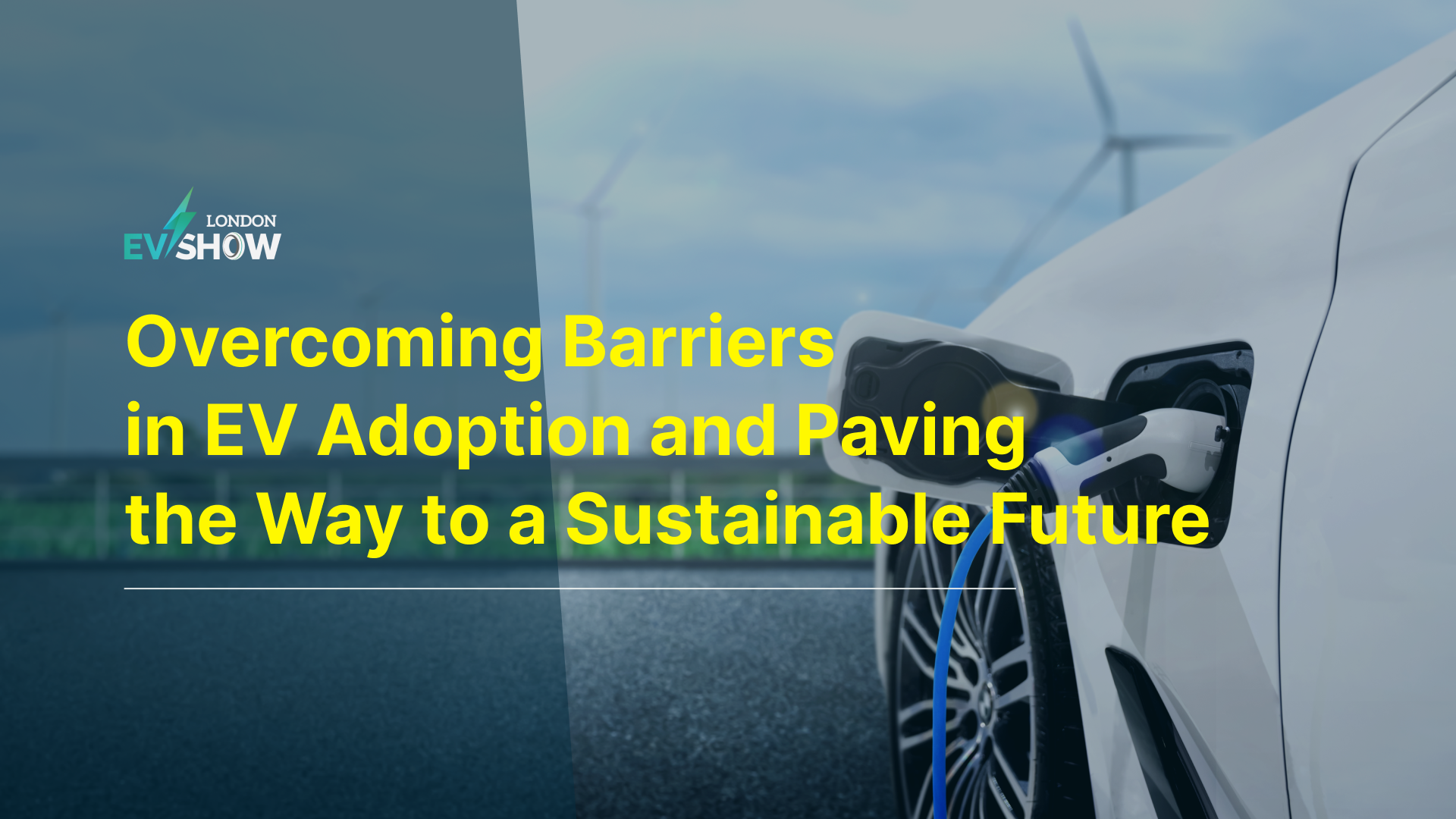As the world grapples with the pressing need to reduce greenhouse gas emissions and combat climate change, the transition to EVs holds significant promise. However, despite growing awareness of the environmental impact of fossil fuel consumption, there are still various bottlenecks. To truly drive change and promote EVs as the primary mode of transportation, it is crucial to address the barriers such as perceived convenience, range anxiety,charging infrastructure limitations, and initial cost barriers. Additionally people may be apprehensive about unfamiliarities of EV technologies and have concerns about battery performance, longevity, and recycling. By understanding and tackling these challenges head-on, we can accelerate the shift toward a sustainable and electrified future.
The Cost Challenge:
One of the primary barriers to EV adoption lies in the initial cost of these vehicles. The expensive battery technology drives up the purchase price, making EVs less accessible to many consumers. However, government tax credits and incentives can help offset the higher upfront cost, making EVs a more attractive option. Additionally, it's important to highlight the potential long-term savings that EV ownership offers, with estimates ranging from $4,500 to $12,000 in operating cost savings depending on the location. As technology advances and economies of scale come into play, we can expect the cost of EVs to further decline, making them increasingly affordable for the masses.
Infrastructure and Charging Challenges:
Range anxiety and limited charging infrastructure have been significant concerns for potential EV buyers. While most EVs can cover daily driving needs with their 200-300 mile range, charging times and availability of charging stations remain areas of improvement. Efforts are underway to expand the charging infrastructure. Charging speeds are also evolving, with Level 2 chargers providing full charges in 3-4 hours, and DC fast chargers capable of reaching 80% charge in just 30-60 minutes. Addressing compatibility challenges between different charging standards (CCS, CHAdeMO, Tesla Supercharger) is essential to ensure a seamless charging experience for all EV owners.
Limited Model Selection and Maintenance Concerns:
Although the availability of EV models has increased, there is still a limited selection compared to traditional gasoline-powered cars. This lack of variety may deter some consumers from considering an EV as their primary vehicle. Furthermore, the shortage of trained EV repair technicians and the higher maintenance costs associated with components like battery packs raise concerns. Addressing these challenges will require investments in training programs and expanding service networks to ensure EV owners have access to reliable and affordable maintenance services.
Industry Commitment and Innovation:
Leading automakers have recognized the urgency of the climate crisis and have pledged to phase out internal combustion engine (ICE) vehicles. Companies like Ford, General Motors, Volkswagen, Volvo, etc have set ambitious targets to cease the sale of ICE vehicles by 2035 in Europe and by 2040 globally. Such commitments demonstrate the industry's dedication to sustainable transportation and act as catalysts for innovation and change. Collaborations between automakers and lithium producers like the recent deal signed between Ford and AlbemarleCorp. and Chile's SQM hold the potential to accelerate large-scale EV production, reduce costs, and increase accessibility.
The path to widespread EV adoption requires concerted efforts from governments, automakers, general masses and other stakeholders across the board. By addressing barriers such as high initial costs, expanding charging infrastructure, diversifying model selection, and investing in maintenance and repair networks, we can pave the way for a sustainable transportation future. The commitments made by leading automakers underscore the industry's commitment to driving change and spurring innovation. With continued advancements in technology, falling costs, and supportive policies, EVs are poised to revolutionise the way we travel and help build a cleaner, greener world for generations to come.
The London EV Show presents a unique opportunity for industry players, innovators, and EV enthusiasts to come together and explore the world of electric vehicles. With companies like Ford and Hedin Automotive exhibiting at the event, attendees can witness the latest advancements in EV technology and infrastructure. The show serves as a platform to showcase cutting-edge EV models, charging solutions, and sustainable mobility initiatives. By bringing together industry leaders and enthusiasts, the London EV Show fosters knowledge sharing, networking, and collaboration, ultimately driving greater awareness and adoption of electric vehicles.


